Graduate Student Coordinator
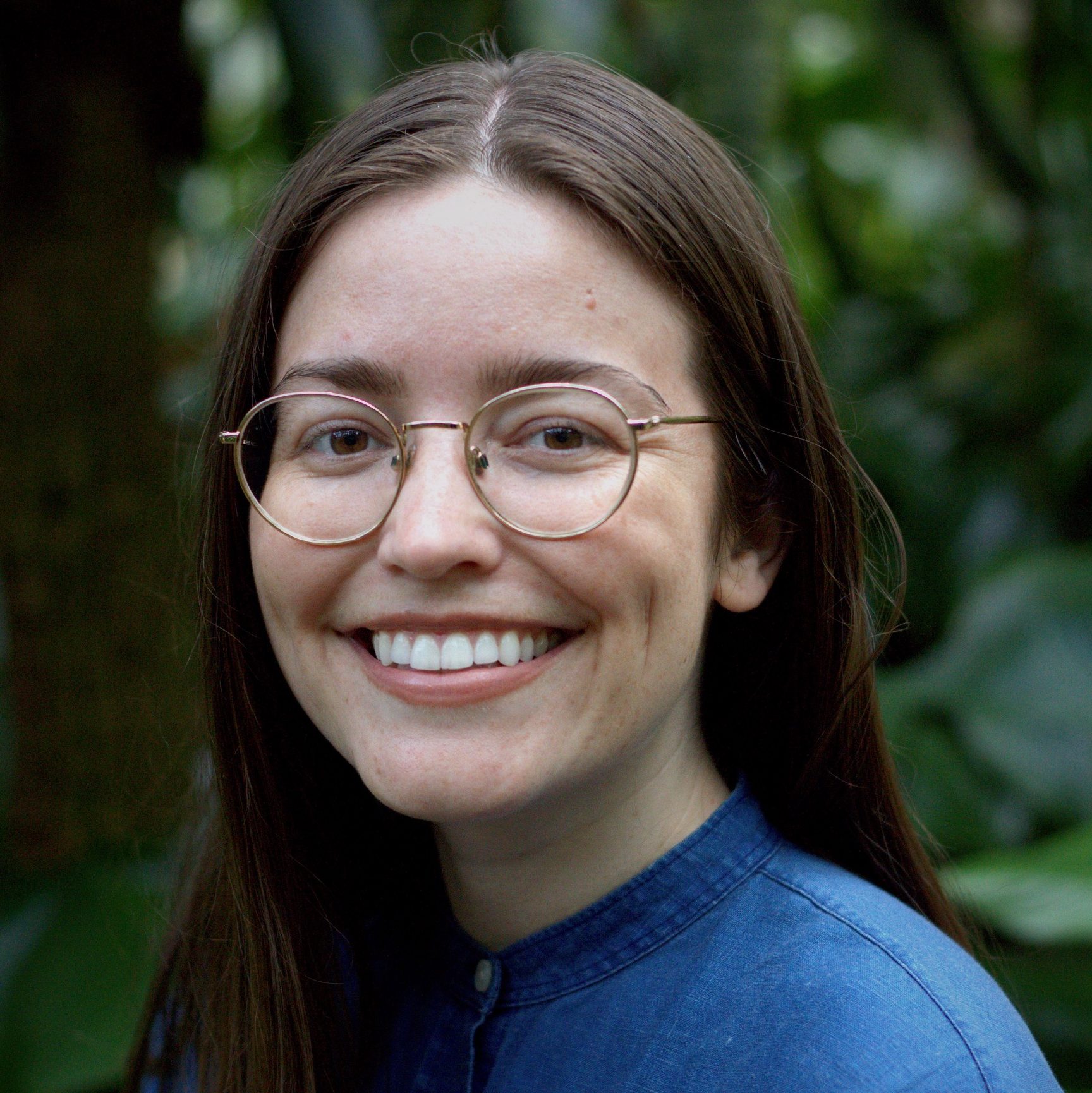
Sadie Dempsey | smdempsey@wisc.edu | Twitter
Sadie Dempsey is a Ph.D. candidate in the Department of Sociology at University of Wisconsin – Madison. As a political sociologist, she studies democracy, social movements, and civic life. Her dissertation is an ethnography of engaged citizenship that interrogates two interwoven paradoxes: Why do engaged citizens increasingly distrust political institutions and the people in them? Why do they continue to participate in a system they do not trust? This research has important implications in this time of democratic crisis – where concerns of plummeting trust, declining participation, and democratic backsliding abound – challenging us to rethink the structure of our political institutions in pursuit of a more just, democratic future.
Sadie is a 2023-24 Mellon Public Humanities Fellow, where she will work with the League of Women Voters in Dane County to build a civic education curriculum to make politics more accessible to all Wisconsin residents. She is also the co-founder of the Qualitative Methods Workshop and the graduate student coordinator for the Wisconsin Center for Ethnographic Research (WISCER).
Fellows

Taylor Barrett | tsbarrett@wisc.edu | Twitter
Taylor Barrett (she/they) is a Ph.D. candidate in the Department of Sociology at the University of Wisconsin-Madison. Her research interests lie at the intersection of economic sociology, culture, and labor studies. Taylor is interested in examining how individuals negotiate their relationship to the current economic system and embrace counter-hegemonic approaches to work and money.
She holds a B.A. in sociology and creating nonfiction writing from Northwestern University and a M.A. in the social sciences with a concentration in sociology from The University of Chicago.
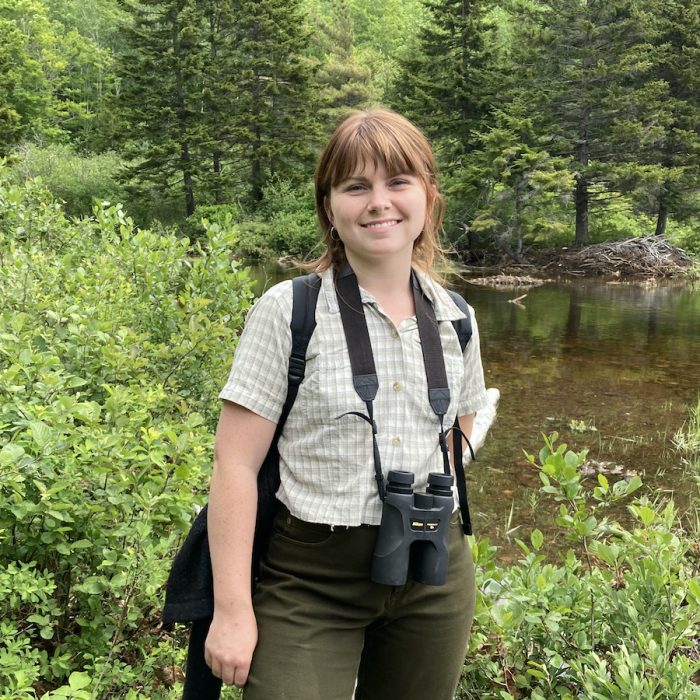
Kristin Billings | kbillings2@wisc.edu
Kristen Billings (she/her/hers) is a PhD student in the Department of Community and Environmental Sociology. Her current research investigates the environmental impacts of militarism and situates resistance to U.S. military pollution and occupation within anti-imperial and abolitionist struggles. More broadly, her research interests include state violence, migrant justice, climate colonialism, and environmental narratives. Prior to starting graduate school, she worked as a communications associate for an immigration advocacy nonprofit in New York.
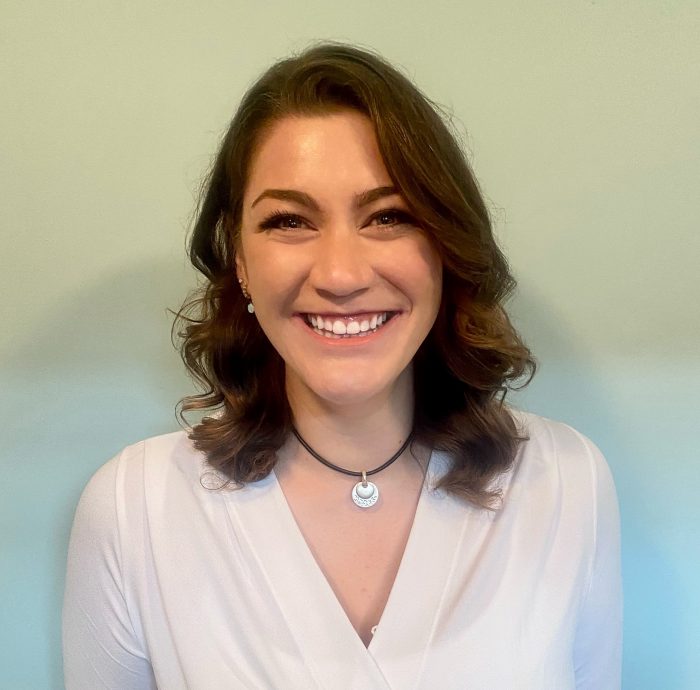
Alexis Econie | econie@wisc.edu | Twitter
Alexis Econie (she/her) is a PhD student of Sociology and Community & Environmental Sociology at the University of Wisconsin-Madison. Alexis’ primary research interests are in environmental justice, green jobs, and precarious work. Her current research combines participant observation, semi-structured interviews, and spatial mapping tools to interrogate how the notion of ‘expendability’ is deployed and experienced in the workplace to reproduce social inequality for marginalized workers. Alexis’ research interests are informed by her upbringing in a post-industrial central-IL community driven by commercial agriculture and her experiences working in urban waste collection and as a rural factory day-laborer.
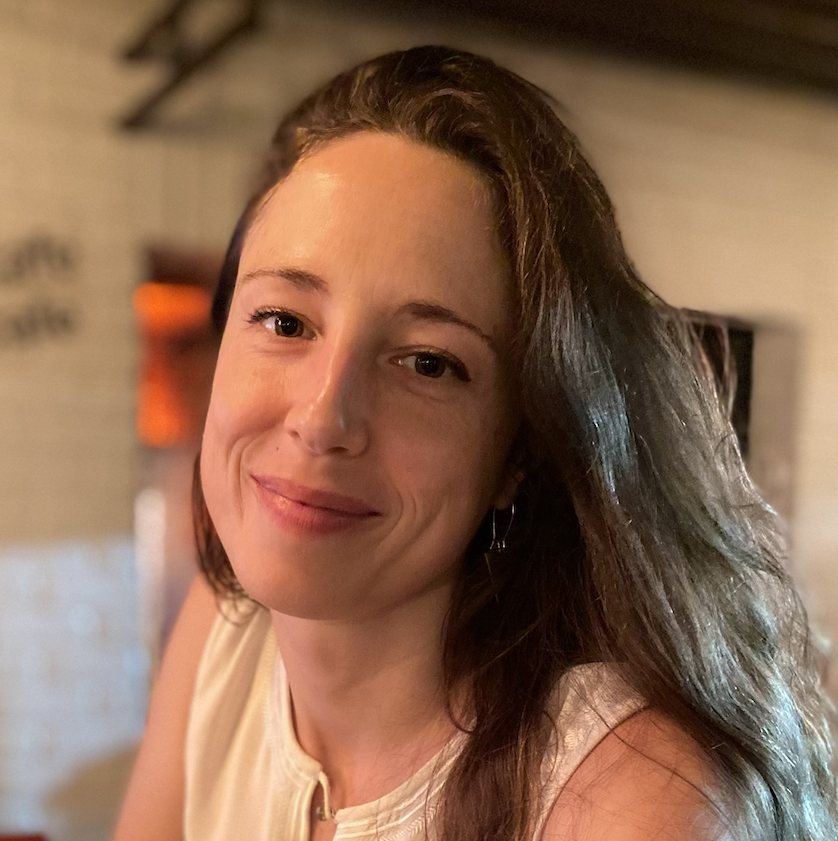
Erin Gaede | egaede@wisc.edu
Erin Gaede (she/her) is a Ph.D. student in the Department of Sociology at the University of Wisconsin-Madison with research interests in rural sociology, housing, poverty, race and ethnicity, and qualitative methods. Her current research uses ethnographic methods to examine the experience of housing insecurity in rural Wisconsin. Prior to academia, Erin worked in housing and homeless services in New York City, Miami, Florida, and the Bay Area of California.
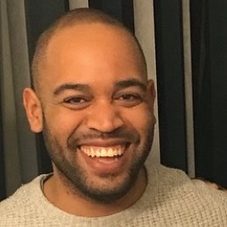
Morgan Henson | mlhenson@wisc.edu
I am from Tacoma, Washington (just south of Seattle). I did my bachelors in history at Fordham University in New York City and my masters in Russian Studies and Global Policy at the University of Texas at Austin. In between my bachelor’s and master’s degrees, I lived and travelled around Russia and Eastern Europe learning Russian culture, language, and history as well as meeting ambassadors and military attachés in various post-Soviet countries. During this time abroad, and the subsequent times I lived in Eastern Europe, I became interested in identities and the social power one may have over another in different social contexts. Since then, I have been interested in different forms of domination and social hierarchy (race, gender, sexuality, religion, etc.) and the salience of certain hierarchies on a global scale; specifically, I am interested in the global hierarchy of whiteness and the cross-national institutional structures that make it so prominent, sustainable, and invisible to those who reap its benefits.
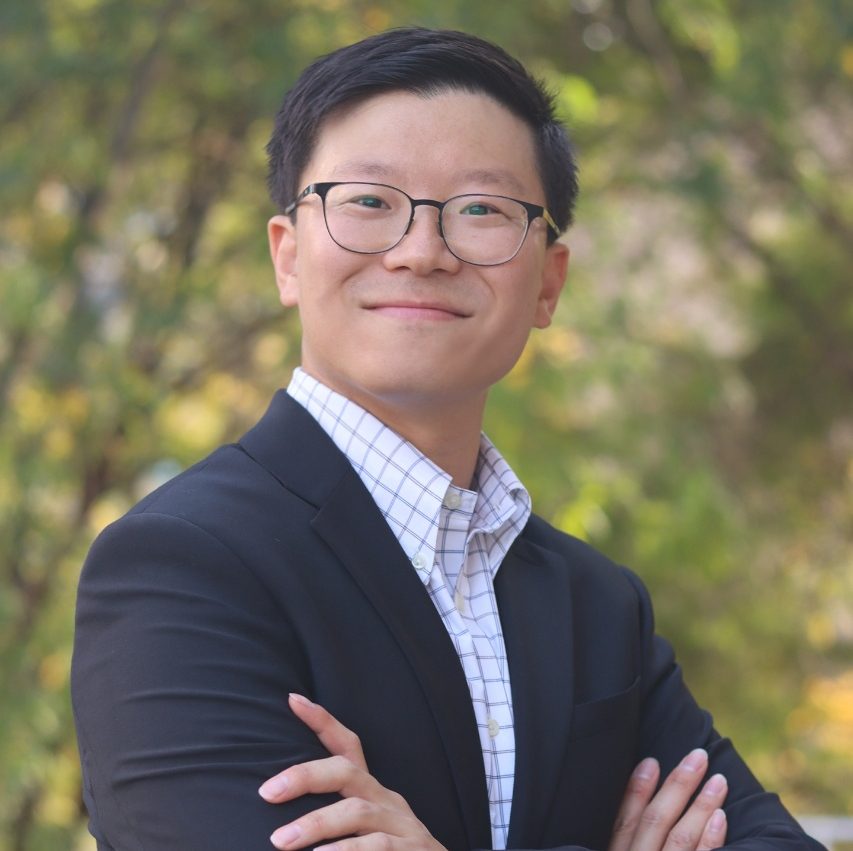
Jungmyung Kim | jungmyung.kim@wisc.edu
Jungmyung Kim is a PhD candidate of the Department of Sociology at the University of Wisconsin-Madison. His main research interest is in the sociology of organizations. For his dissertation, he revisits the concept of division of labor with the case of the police-social services nexus. He seeks to achieve this task by conducting an ethnography of a Midwestern law enforcement agency and related social service agencies and organizations. His research also regards mainly collaborative efforts to analyze relations between organizations and social lives of various kinds. As a part of this direction, he studies various topics such as the relationship between workplace paid leave policies and mothers’ labor market outcomes and the status competition among countries through the aesthetic prowess embedded in the automation of metro systems.
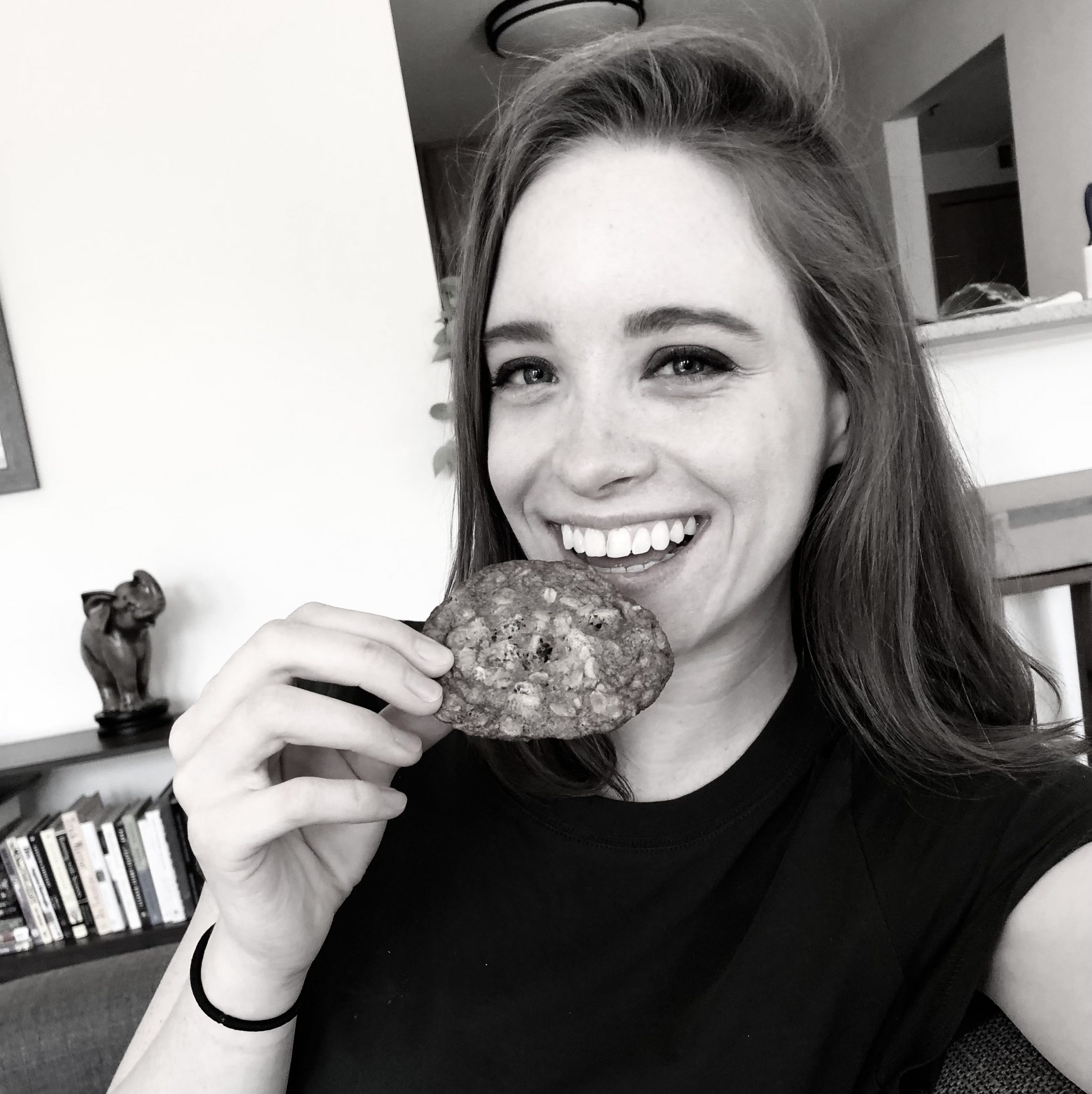
Taylor Laemmli | laemmli@wisc.edu
Taylor is a PhD student in Sociology at UW-Madison. She is a cultural sociologist with research interests in the sociology of class, work, interaction, social theory, history, and qualitative methodology. Specifically, she uses ethnography, interviews, and historical research to study how class as a cultural phenomenon relies on symbolic divisions between sacred and profane, enables experiences of social mobility, and reproduces symbolic and material domination. Her dissertation examines class keepers, her name for a group of occupations devoted to producing and maintaining elite lifestyles. She analyzes the 1990s rise of these occupations and how this new organization of elite support is bound up with both democratic sensibilities and social hierarchies. Other current projects include a monograph on the sociology of makeup (co-written as first author); an article theorizing class experience mobility (CEM), a previously unidentified form of class mobility in which people temporarily access a class lifestyle that does not correspond to their class position; and research on service workers’ experiences during the COVID-19 pandemic. In past work, Taylor has written about the formal sociology of restaurant workers’ emotional experiences and first-generation students’ accounts of higher education.
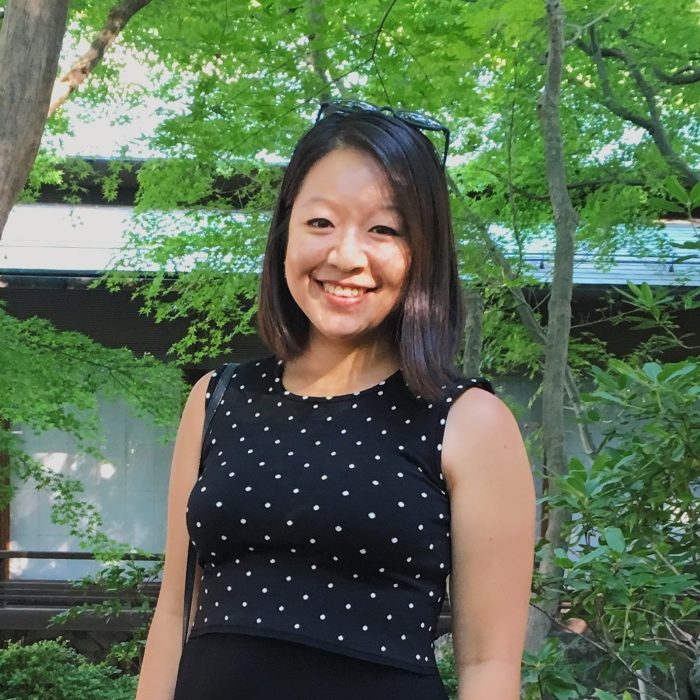
Wendy Li | wyli@wisc.edu | website | Twitter
Wendy Li is a Ph.D. candidate in sociology at the University of Wisconsin-Madison. Her research and teaching interests include political sociology, international trade law and regulation, qualitative methods, social networks, and policymaking processes.
Li’s dissertation investigates policy careers, social networks, and influence in the policymaking process. She uses ethnographic methods, sequence analysis, and social network analysis to understand how career paths, interest group politics, and social interactions shape the ways that lobbyists and policymakers diagnose policy problems and solutions. In particular, she focuses on the trade policymaking process and how regulatory principles are negotiated.
Prior to academia, Li served in the Office of the U.S. Trade Representative and the U.S. Department of State. She holds a M.S. in Sociology from the University of Wisconsin-Madison, and an A.B. in Public and International Affairs from Princeton University.
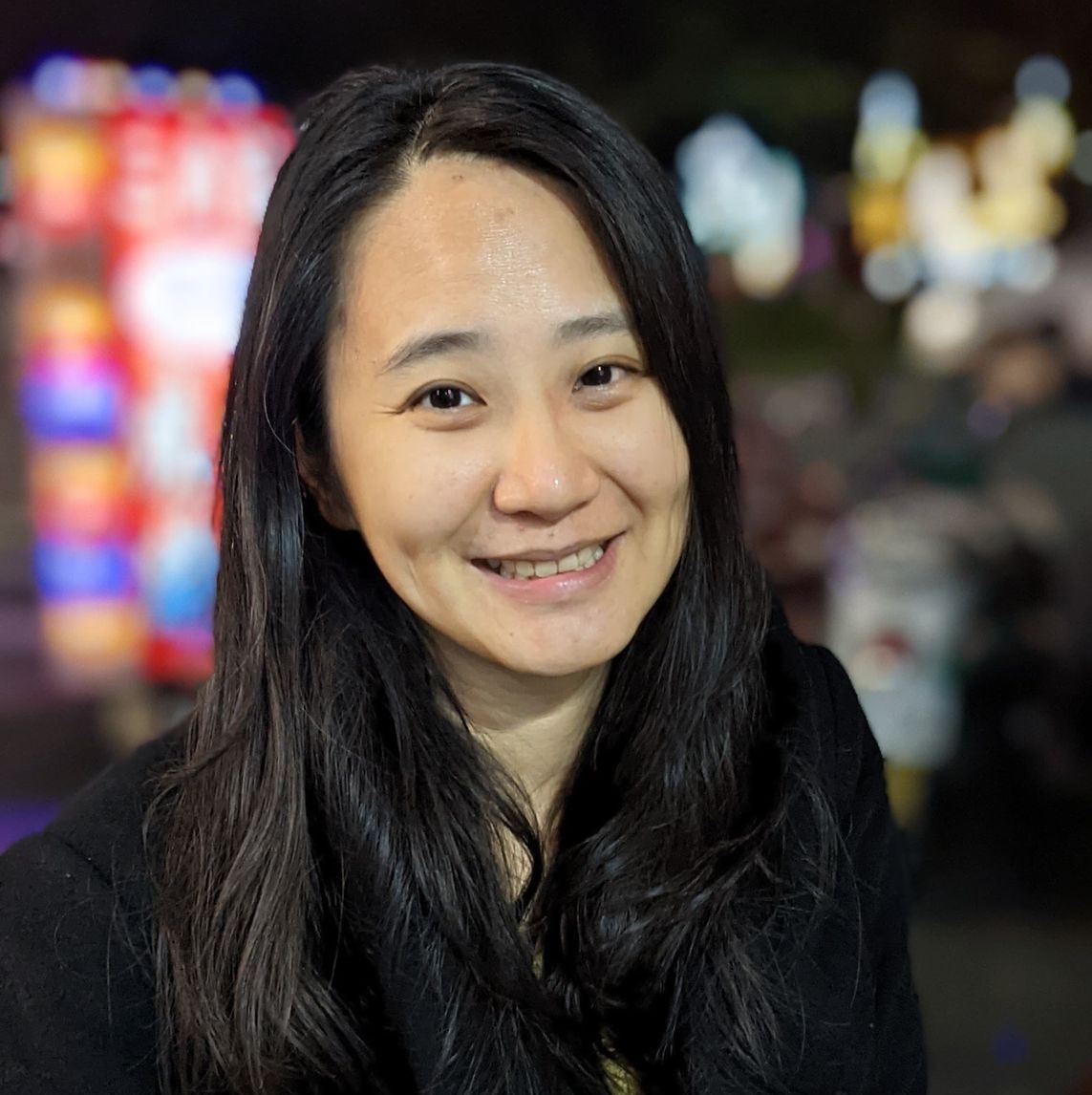
Ruo-Fan Liu | mikki.liu@wisc.edu | website
I am an ethnography researching higher education, social inequality, and cultural reproduction. My work has centered on how teens envision the future, how others assist them, and how they procure admissions advantages in a college-for-all era. I also conducted online, offline, and hybrid ethnography despite my primary work. My work has appeared in International Studies of Sociology of Education and is currently under review in Sociological Perspectives and Ethnography.
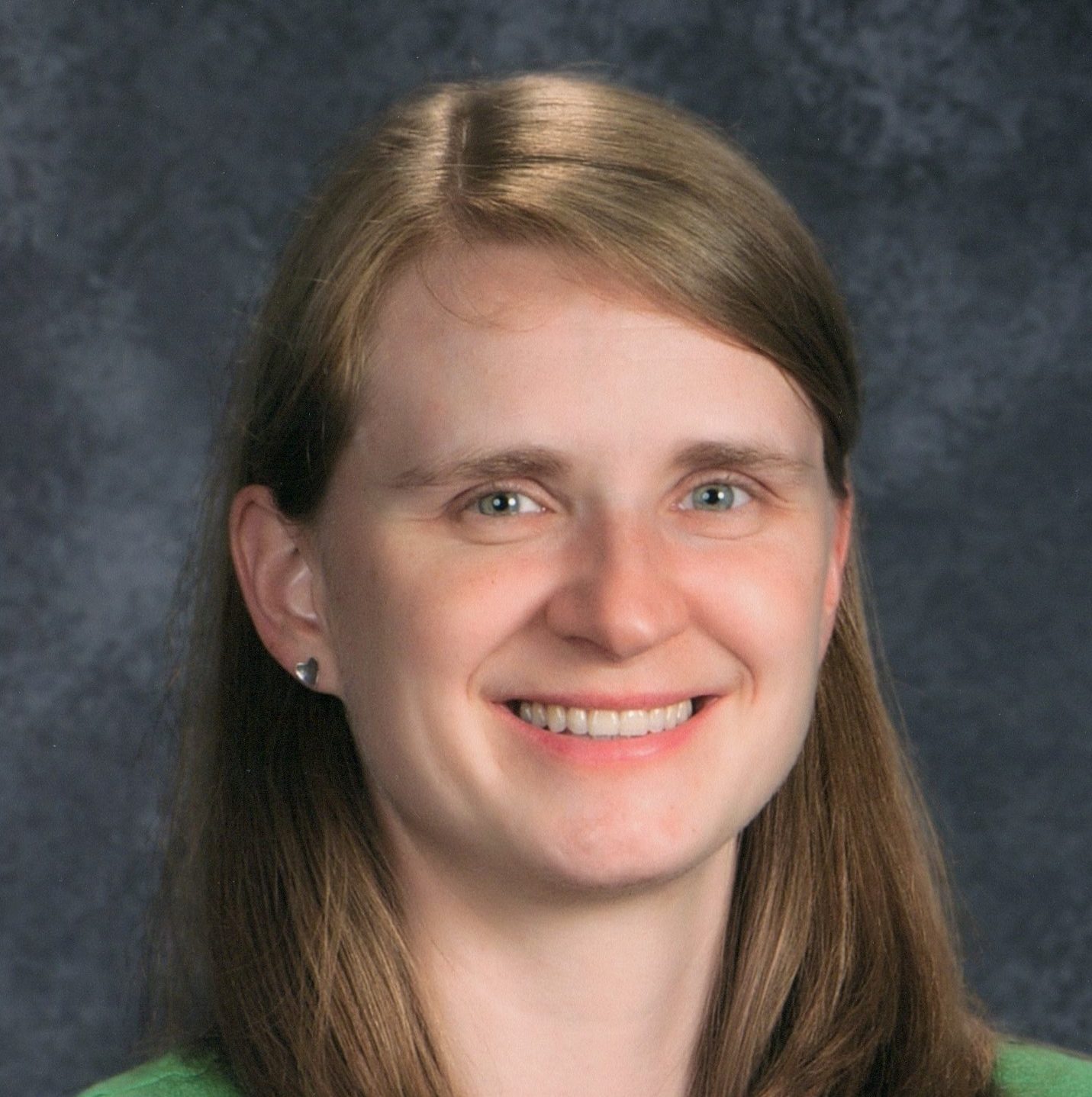
Emily O. Miller | eomiller2@wisc.edu
Emily is a doctoral candidate in Educational Policy Studies at the University of Wisconsin – Madison with graduate minors in Sociology and Qualitative Research Methods in Education. Prior to pursuing her Ph.D., she was an elementary school educator, first as a second grade bilingual teacher in Brooklyn and then as a fourth grade teacher in Ithaca, New York. As a teacher, she participated in school and community groups engaged in antiracist activism and racial equity work. Informed by these experiences, Emily seeks to understand how white education stakeholders challenge and/or (re)produce racial inequities in K-12 schooling. Emily’s dissertation research, which is supported by the Michael W. Apple Fellowship, is a qualitative case study of school and community conversations about equity and inclusion in a predominantly white, small town. The project explores how tensions between different understandings of race shape equity and inclusion policies and practices in the school district.
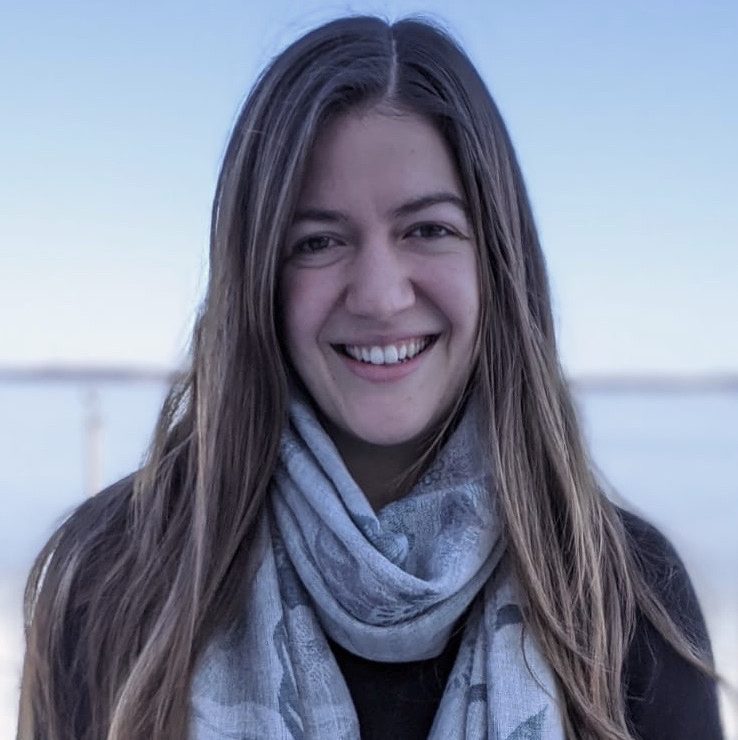
Chiara Packard | cpackard@wisc.edu | website | Twitter
Chiara Packard is a Ph.D. candidate in the Department of Sociology at UW-Madison with research interests in the sociology of punishment, criminal justice, inequality, and discretion. Her research is unified by both an interest in how and why communities adopt different systems of punishment as well as a concern for how the criminal justice system impacts people’s lives. Her dissertation is an ethnographic study of prosecutorial discretion and decision-making, drawing on interviews, observations, archival evidence, and court administrative data from the District Attorney’s offices of two mid-sized midwestern counties. This project first explores generally the factors that shape prosecutors’ use of discretion and how prosecutors make sense of their decisions as they process criminal cases. Then, it focuses specifically on how prosecutors think about and construct the boundary between violent and nonviolent crimes in cases where prosecutors could choose to charge disorderly conduct or battery. Chiara is also engaged in several collaborative research projects including a survey study of the experiences of incarcerated individuals during the COVID-19 pandemic, an interview study on families’ experiences with fines, fees, and restitution in the juvenile justice system, and a quantitative analysis of the relationship between prison building and incarceration. In past work, published in Violence Against Women, she has explored how feminists in India contend with punitive approaches to gender-based violence in television news media. Chiara’s research is being generously supported by the Mellon-Wisconsin Fellowship and the UW-Madison Institute for Research on Poverty Fellowship.
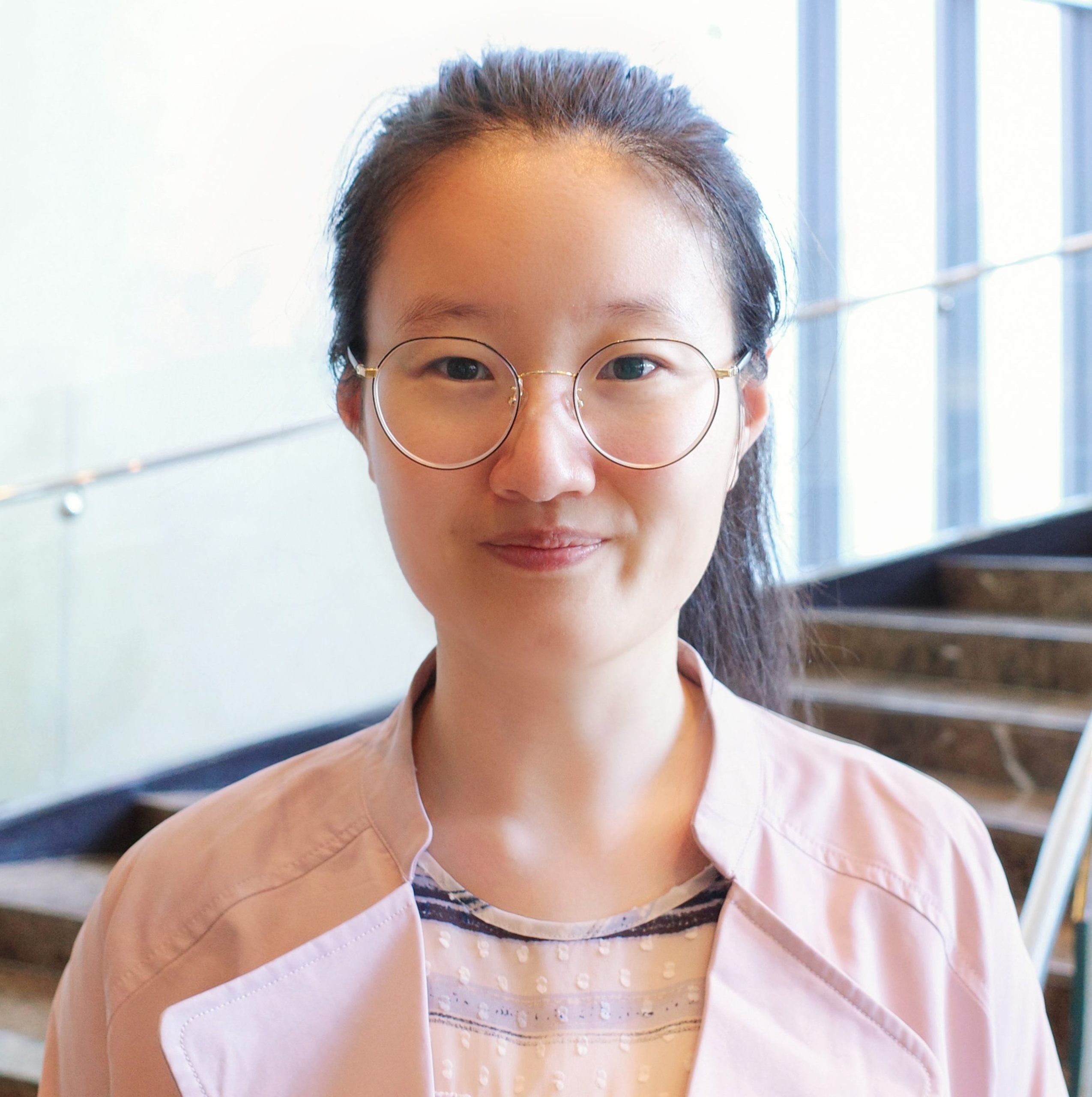
Yue Qin | yqin56@wisc.edu
Yue Qin is a Ph.D. student in Sociology at the University of Wisconsin-Madison. Her research interests include aging, life course, health disparities, family, work, social mobility, social change, and social policies. Currently, she has three major lines of inquiry. The first one focuses on how various factors such as social mobility, family relationships, labor unions, and public policies are associated with health disparities in mid and later life. Her second line of inquiry concentrates on the relationship between precarity and social inequality, including what justifies the existence of precarious work, how precarity and inequality are reproduced, and how precarious experiences shape sense of self-worth, social relationships, and attitudes toward social inequality. The third strand of research is about land dispossesion and politics in China, and she has published a Chinese book entitled “Distinctive Governance: A Comparative Case Study on Three Resettlement Programs” (Beijing: China Social Sciences Press) with Xiangyi Li and Rui Xie in 2022.
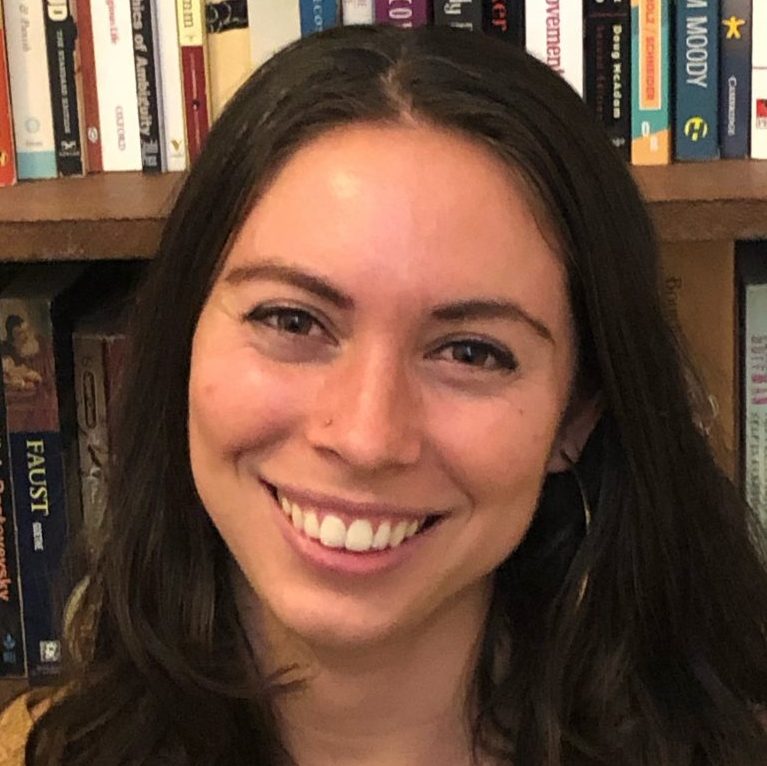
Sara Gia Trongone | trongone@wisc.edu
Sara is a doctoral student in the Department of Sociology at the University of Wisconsin-Madison. Her research interests include social movements, sociology of labor, and political sociology. Sara is currently conducting a comparative analysis of union campaigns in Chicago in the aftermath of the 2008 recession.
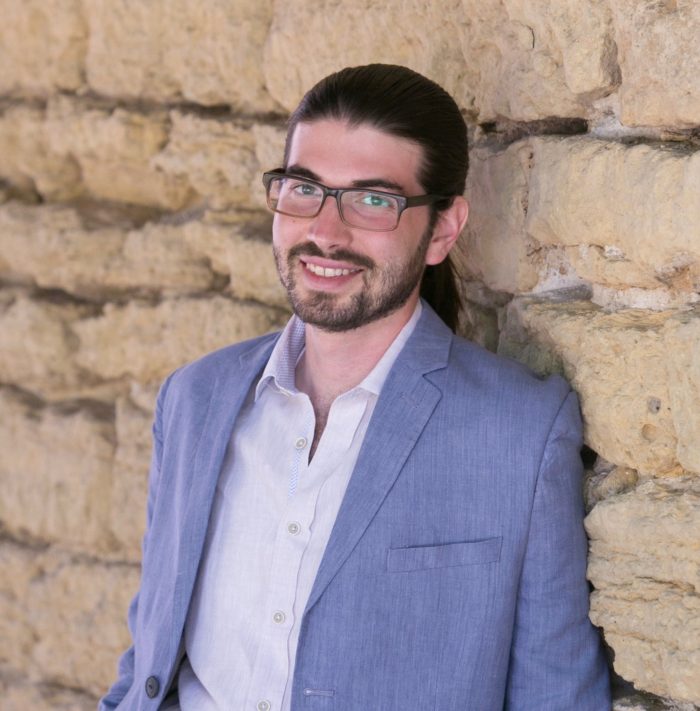
Benny Witkovsky | bwitkovsky@wisc.edu | Twitter
I am a political and urban sociologist using a range of methods to study local political life in Wisconsin’s small cities. My dissertation draws on archival research, ethnographic observation, and interviews in several small Wisconsin cities to examine the mechanisms through which nonpartisan local politics polarizes along partisan lines across. Other research projects examine: the partisan consequences of local political exclusion, the growing political divide between adjacent rural and urban communities, elder activism in rural Wisconsin, and the political dimensions of rural prison building. Additionally, I have worked as an evaluator on community-based research projects with the Legacy Community Alliance for Health and the Madison Police Department. Beyond research, I am committed to undergraduate education having served as the principal instructor for Intro to Sociology, Sociology of Race and Ethnicity, and Ethnic Movements in the United States. Having grown up in Madison, I spent several years working interfaith politics in Washington, DC before returning to Wisconsin for graduate school.
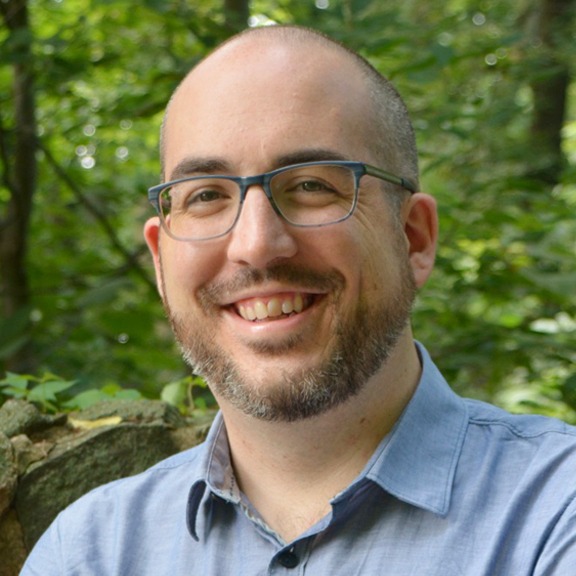
Matthew J. Zinsli | zinsli@wisc.edu | website | Twitter
Matthew J. Zinsli is a PhD candidate in the Department of Community and Environmental Sociology and the International Development Studies Program at the University of Wisconsin–Madison. His research explores place-based food networks, rural development, and scientific discourses, expertise, and practices in international development projects.